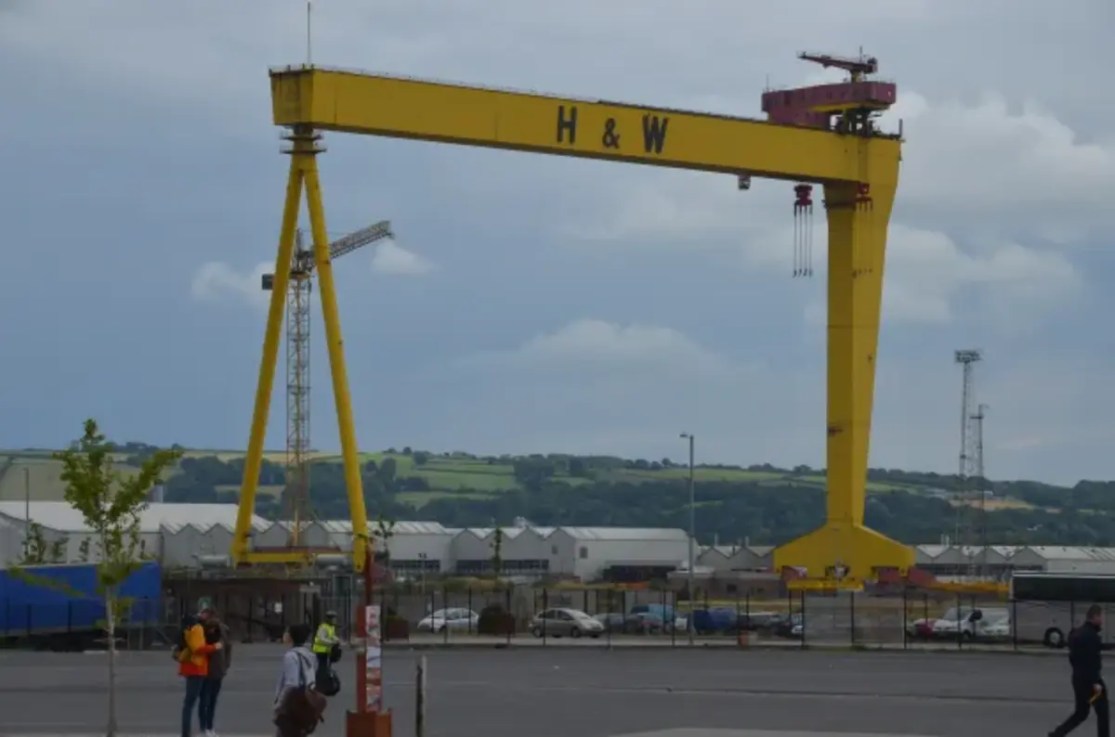Harland & Wolff crisis talks: Investors await update on Titanic shipbuilder as shares suspended
Harland & Wolff is in crisis talks with ministers to approve a £200m bailout after years of mounting losses, which have placed its future in doubt.


Shares in the Titanic shipbuilder Harland & Wolff remain suspended as an audit of its annual accounts undergoes final reviews.
The embattled Belfast shipyard told markets it was finalising the audit process and would make an announcement on completion, following which trading in its shares is expected to resume. Its final audited results were initially expected to be published on July 8.
Harland & Wolff is in crisis talks with ministers to approve a £200m bailout after years of mounting losses, which have placed its future in doubt.
Executives are seeking to borrow the £200m from a number of UK banks but need the government to act as a guarantor should the loan go bad.
It published its unaudited financial results on 1 July, which showed an operating loss of £24.7m and revenue of £86.9m. However, trading in its Aim-listed shares was suspended on the same day after it disclosed accounting issues regarding the method of determining revenues in some of its contract.
The firm’s possible collapse has brought into focus the future of a £1.6bn contract it was awarded to build Royal Navy ships. If it cannot fulfil the deal, the warships would instead be built in the Spanish port of Cadiz, the first time in British history the vessels have been made by a foreign shipyard.
The issues were compounded by July’s general election, with the previous government split on whether it is right to spend taxpayers’ money on propping up a struggling business. Labour is under pressure to sign off the rescue deal, in an early test of its willingness to prop up strategic companies in trouble.
In its glory days, Harland & Wolff, was responsible for building the Titanic. Its iconic yellow cranes have long been a feature of the Belfast skyline but it has faced financial difficulty for years now.
Auditors warned in 2023 there was “material uncertainty” over the future of the business if it could not source fresh work.
Cavendish analyst Peter Renton described the £200m guarantee as “critical” to securing the company’s long-term future in a note earlier this month.



